When States Fail —— Causes and Consequences
----- 当国家失败时:原因和后果
Do weak governments around the globe merit assistance? The premise of When States Fail: Causes and Consequences is that without strong government, society devolves into chaos. Sponsored by the Harvard University Failed States Project, this edited volume contains fourteen chapters, most of them written by political scientists. Not all authors come to the same conclusions, but they agree on most issues. Thus, I will treat the arguments collectively. The writers argue that the United States and other nations have a positive role to play in helping at-risk governments become strong. That most contributors are mainstream political scientists rather than Austrian economists becomes evident quickly. As the old saying goes, when all you have is a hammer, everything starts looking like a nail. In the case of these political scientists, they clearly believe that scientifically designed government institutions are needed to solve all of the worldâs problems. A small minority of the contributions are interesting and thoughtful; of the remainder, the best chapters are the ones that do not say much. The arguments will be convincing to those who believe in increasing state power and those who believe that groups such as the United Nations should be involved in governmental affairs around the globe. The arguments will be unconvincing to anyone with the slightest appreciation for free markets or self-governance. Although these academics pay some lip service to the importance of markets, they argue that society crucially relies on strong states. As such, they want to find ways to make states strong. The arguments rest on certain basic assumptions that the authors unfortunately never justify. Nowhere in the book do they offer evidence that having a failed state or a weak state is bad. At a few points the authors try to provide evidence for this hypothesis, but rather than attempting to create an objective measure of the strength of states and then attempting to correlate that with measures of results, they simply choose countries with bad outcomes and then define those countries as having weak states. When high mortality, low literacy, and low life expectancy rates plague a country, the cause, according to these authors, is that the government is not strong enough. Never do they consider the possibility that these bad outcomes could be due to overly strong states. The Soviet Union was certainly a very strong state, and it effectively killed millions of its citizens (Rummel 1994). If the authors of this book wish to defend their simple hypothesis that strong states are good, they would need to ignore the evidence
{{comment.content}}
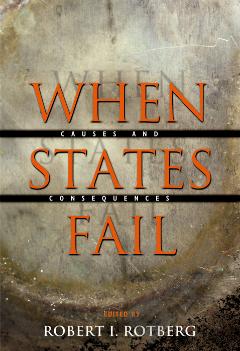
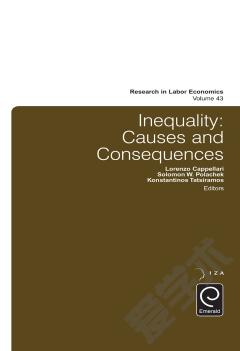
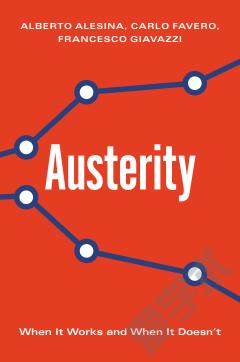
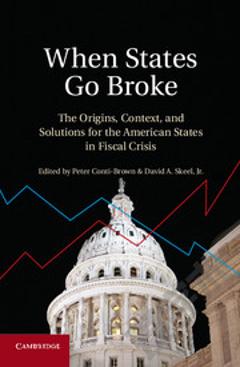
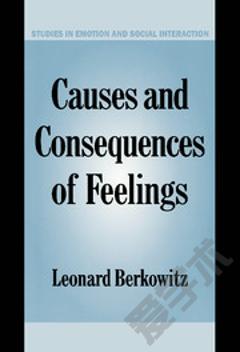



 京公网安备 11010802027623号
京公网安备 11010802027623号